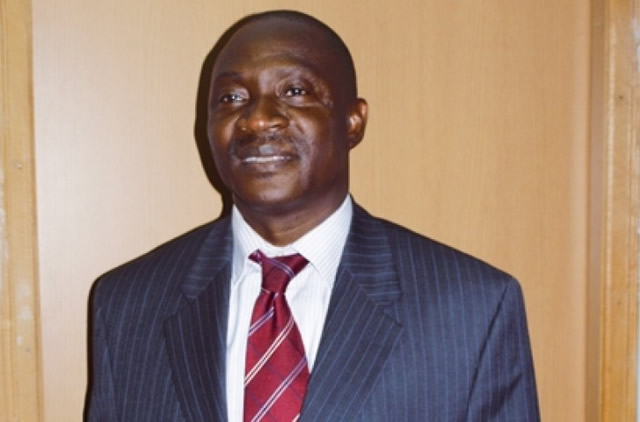A total of 2.8 million electricity consumers in Nigeria have no prepaid meters, the Business Leader (Distribution), Sahara Group, the firm with majority stakes in Ikeja Electricity Distribution Company, Mr. Rotimi Onanuga, has said.
The figure represents about 54.15 per cent of 5, 172, 979, the total number of power consumers in the country.
Onanuga, who spoke at the 2016 Huawei Connect conference in Shanghai, China, also said manufacturing and trade enterprises as well as private homes spent an average of N3.5tn (about $21.9bn) annually on diesel and petrol for power generation.
He added that the huge amount was due to the unstable power supply in the country.
He said that the IKEDC had been able to distribute 61,000 meters within its area of coverage, but stated that the target was to distribute at least 300,000 meters on or before April 2017.
Onanuga listed some challenges facing power generation and the quick deployment meters to include high-line loss rate and serious electricity theft.
“The line loss rate can reach up to 40 per cent, which is much higher than that of European and American countries, pegged at eight per cent.
“Twenty per cent of consumers committed electricity theft and difficulties exist in supervision and regulation,” he said.
He expressed regret about the energy crisis in Nigeria “given that it is the most populous country in Africa, boasting a population of 173 million, which accounts for 16 per cent of the total population of Africa.”
He said, “Despite rich energy reserves, the enactment of the Power Reform Act, and continual government investments, Nigeria’s power supply still faces serious challenges with the fast development of the social economy.
“As the largest economy in Africa, Nigeria vigorously develops its infrastructures and invests primarily in four fields: energy generation, power transmission, power distribution, and renewable energy.
“Yet due to the unstable power supply, manufacturing enterprises, trade enterprises and common families spend an annual average of N3.5tn to purchase diesel and gasoline for power generation.”
The Sahara Group business leader also listed the difficulties in electricity fee collection as another challenge being faced by the IKEDC, saying that the payment period was often as long as three to four months, thereby delaying capital withdrawal.
Meanwhile, the Sahara Group said that it had contracted Huawei Technologies for its Internet of Things solution, which would aid the IKEDC to improve its performance in area of power supply and metering.
Onanuga said, “$1.4m has been paid to Huawei, spanning over a period of over two years, from January 2015 to April 2017, to enable it to set up its IoT solution in solving our power problems.”
The Sahara Group boss explained that the Ikeja Electric was already deploying the Huawei AMI Solution, “which provides a complete set of components, including smart meters, concentrators (Huawei IoT gateway AR530 series), and an electricity operation and management system.”
The Rotating Chief Executive Officer, Huawei Technologies, Eric Xu, said that infrastructure in Africa was less developed, while Information Technology was still in its rudimentary level.
He said, “Africa needs new operating model to provide modern services for its populace.”
According to him, Huawei will provide better solutions to Africa, especially to governments that will help in the transformation of the continent.

 Naira4 weeks ago
Naira4 weeks ago
 News3 weeks ago
News3 weeks ago
 Education4 weeks ago
Education4 weeks ago
 Social Media4 weeks ago
Social Media4 weeks ago
 Economy4 weeks ago
Economy4 weeks ago
 Investment4 weeks ago
Investment4 weeks ago
 Dividends4 weeks ago
Dividends4 weeks ago
 Business3 weeks ago
Business3 weeks ago





























